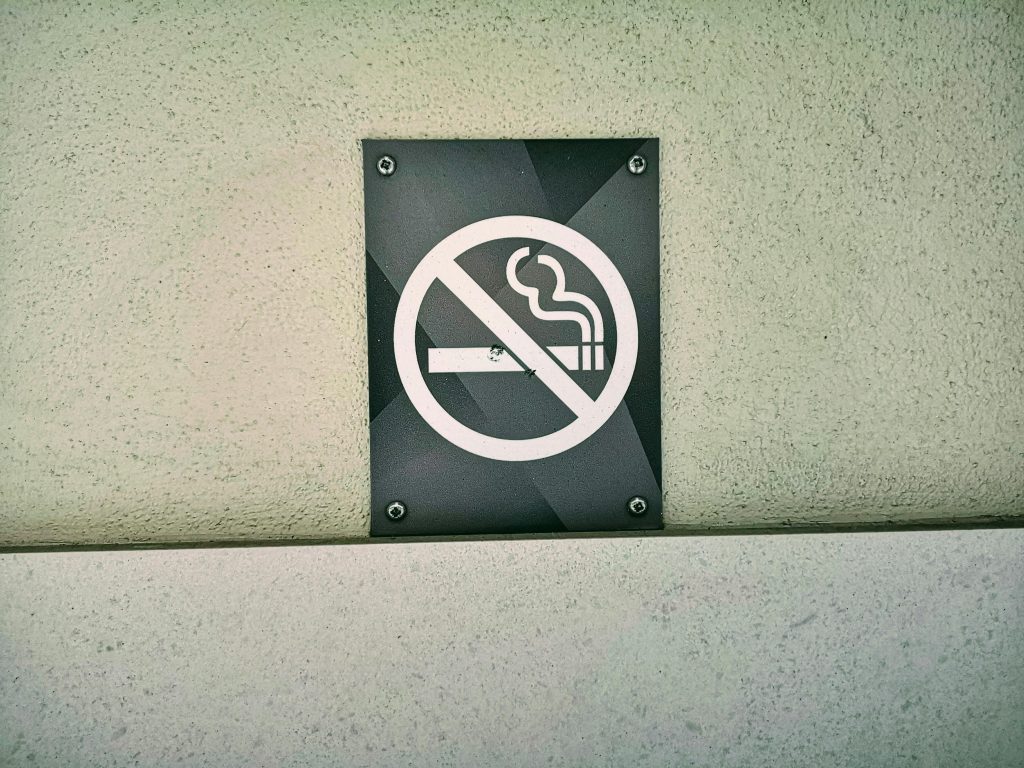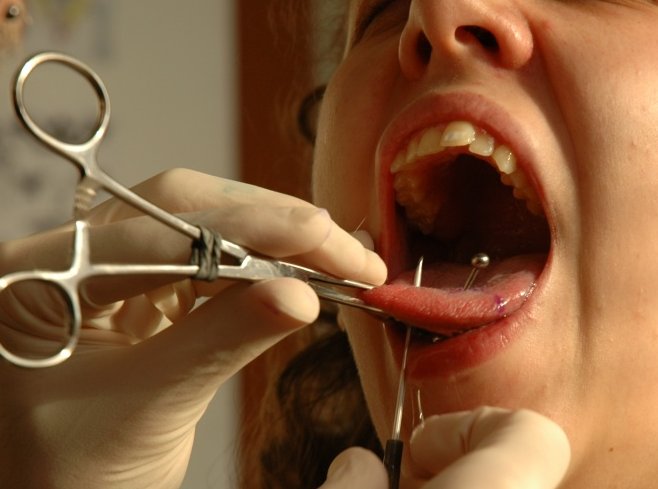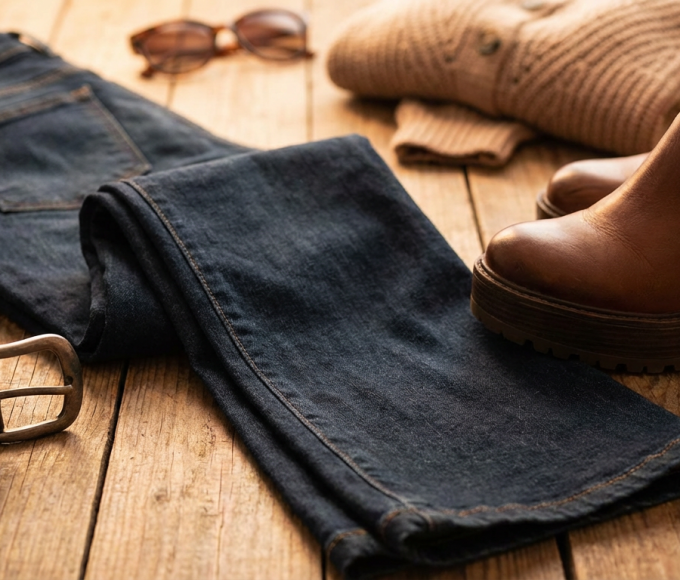Tongue piercings seem to be a popular fad since the 1990s and to this day this edgy piercing is still very popular. Whether it’s Instagram, TikTok, or Pinterest, there are many bloggers and users showing off their tongue piercings.
There are many reasons why people choose tongue piercings. Compared to other piercings, tongue piercings are more discreet. But the risk and pain of tongue piercing seems to be higher in the… Next, you will learn all the things you need to know about the pain of tongue piercing.
A pierced tongue certainly hurts, and the tongue is a vital organ rich in nerve endings and blood vessels. However, many people don’t find tongue piercings to be as painful as they think they are. The exact level of pain felt varies depending on how each person perceives the pain. Some people say it hurts a lot, others think it’s okay. Professional piercers usually take specialized measures to alleviate the pain during the procedure.
Tongue piercing scale:
Based on most people’s feedback, tongue piercings are about a 3-4 on the piercing pain scale (from 1 to 10 on the scale of mildest to severe pain, respectively).
Next, let us use data from a specialized experiment to explain to you that the level of pain after piercing decreases gradually over time. Typically a tongue piercing takes 4-6 weeks to heal.
Summary of Experimental Results:
The study excluded three out of ten healthy adults due to ankyloglossia. Among the seven eligible participants (6 women, and 1 man) who underwent tongue piercing, one exited the study 48 hours post-piercing due to swelling and discomfort.
The mean pain scores on a 0 to 10 scale were:
Day 1: 5.8 (range 1-8)
Day 2: 4.0 (range 1-7)
Day 3: 2.9 (range 1-5)
Increased tongue dimensions and decreased intraoral volume were initially recorded but returned to normal by week 4. Most participants experienced drooling and difficulty with swallowing, eating, and speaking on day 1, with a decrease in severity by day 3. All participants developed calculus on the ventral ball of their barbells by week 4.
Factors influencing pain:
Understanding your pain sensitivity is crucial when deciding whether to get a piercing. Here are several ways to assess your pain tolerance to make an informed decision:
Recall Past Experiences: Think about how you reacted to other medical or cosmetic procedures like injections, dental work, or tattoos. These experiences can give you a reference point for your pain tolerance.
Self-Evaluation: In daily life, do you find yourself easily discomforted by minor injuries or aches? If so, you might have a lower pain threshold.
Anxiety and Tension: How much anxiety or tension do you experience in situations where pain is anticipated (like upcoming medical procedures or minor injuries)? High levels of anxiety can increase your pain sensitivity.
Consult Professionals: An experienced healthcare provider or professional piercer can help you assess your pain sensitivity through professional methods and advice.
Relaxation Techniques: Employ relaxation techniques such as deep breathing, meditation, or progressive muscle relaxation to reduce your sensitivity to pain.
Tongue Piercing Risks
Are tongue piercings safe? Yes, but tongue piercings have their risks you need to know. While you can accept the pain of a tongue piercing, you must also consider the subsequent difficulty in eating and the range of risks associated with a tongue piercing.
Regarding eating, you may only be able to eat a smaller amount of fluids than you were eating for up to a week after the piercing. Foods that are too hot and too hard are not conducive to the healing of the piercing.
Also, if you want to keep the inside of your mouth clean for faster healing, then rinse your mouth with a non-alcoholic mouthwash after eating (alcohol can irritate your piercing).
Things to avoid

After getting a tongue piercing, taking certain precautions is important to ensure proper healing and avoid complications. These are things you should avoid before your pierced tongue really heals.
- Tobacco products: Smoking or using any tobacco products can delay the healing process.
- Kissing or oral sex: These activities can introduce bacteria to the new piercing and should be avoided until it’s fully healed.
- Swimming in public pools, hot tubs, or natural bodies of water: These can contain bacteria that may lead to infection.
- Changing jewelry too soon: Wait until the piercing is fully healed before changing the jewelry to avoid irritation or infection.
Alicia
Alicia is a passionate writer with degrees in English and American Literature. Her journey through the worlds of fashion, culture and design is as fascinating as her literary pursuits. Beyond literature, Alicia is equally an optimist who loves life. Whether it's photography, knitting, pottery, or yoga, she's willing to try it all. Beyond trends and labels, she advocate for sustainability and ethical fashion practices. She believe in the power of conscious consumerism, and she strives to highlight brands that prioritize environmental responsibility and social impact.
Recent Posts
The Ultimate Guide to Egyptian Jewelry
01/20/2026How to Style Flared Jeans for Any Vibe
12/18/2025Your Goth Christmas Style Guide
11/25/2025Categories
Related Articles
The Ultimate Guide to Egyptian Jewelry
Few civilizations captivate the imagination quite like ancient Egypt. From monumental pyramids...
ByAlicia01/20/2026Acubi Fashion: The Ultimate Guide to the Minimalist Edgy Look
In the fast-moving world of digital trends, fashion cycles seem to refresh...
ByAlicia12/25/2025How to Style Flared Jeans for Any Vibe
If there is one denim silhouette that has truly stood the test...
ByAlicia12/18/2025Moss & Misdemeanor: Fairy Grunge Style and Outfits
The fashion world constantly mixes ideas to create new, unique looks. The...
ByAlicia11/18/2025












Leave a comment